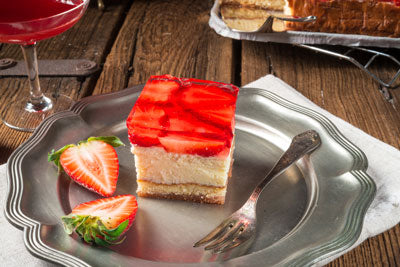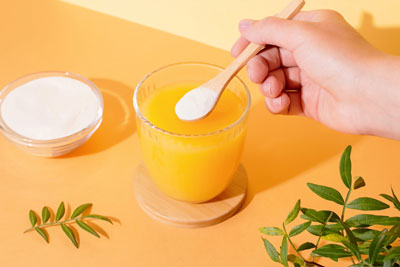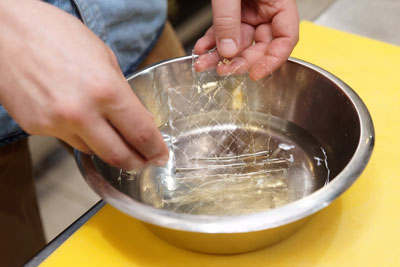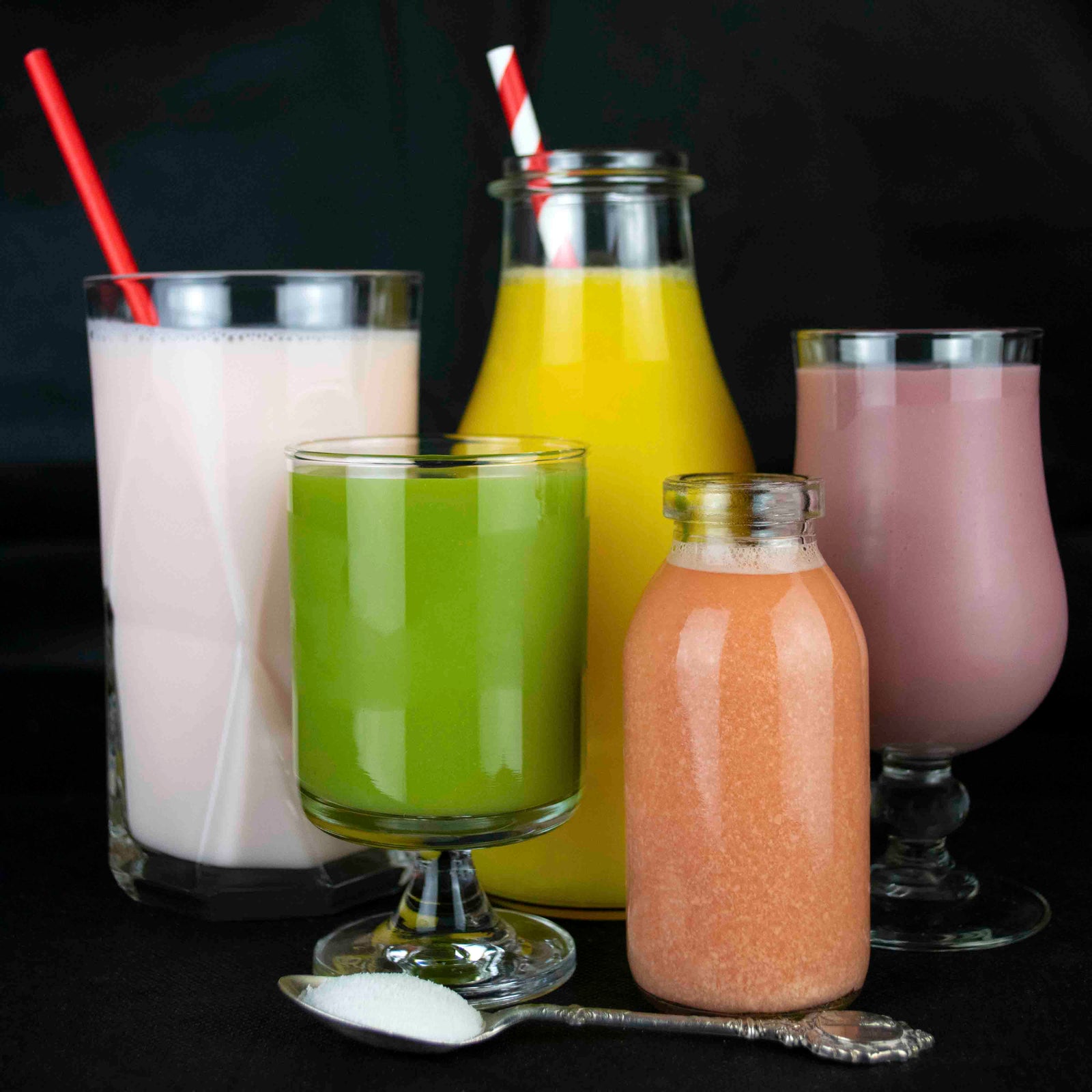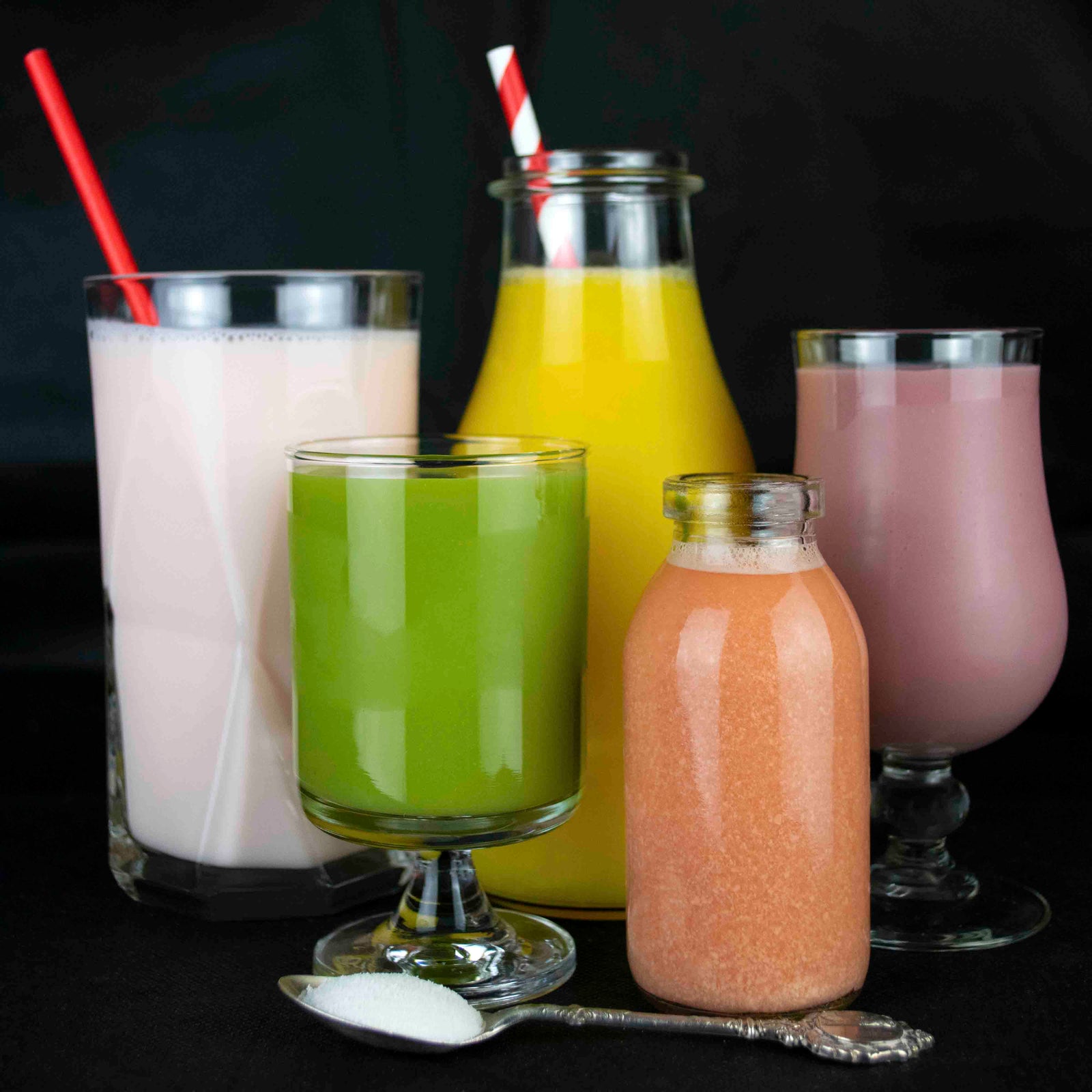Frequently asked questions
We understand that choosing the right collagen powder or gelatine can raise a few questions — especially when it comes to how they’re used, which type to buy, and how they can support your recipes or supplements. Below you’ll find answers to some of the most common queries about our high-quality collagen and gelatine products. More detailed information can be found on our news page.
If you need more advice or can’t find what you’re looking for, our team is always happy to help.
Collagen powder is a natural protein supplement made from animal sources such as bovine, chicken, or marine collagen. It supports healthy skin, hair, nails, and joints by replenishing the body’s natural collagen levels, which naturally decrease with age.
Gelatine powder is created by gently processing collagen into a form that sets when cooled. It’s widely used in cooking and baking to create smooth textures in desserts, jellies, and confectionery, while also offering nutritional benefits for joint and gut health.
Collagen supplements may help to improve skin elasticity, reduce fine lines, and strengthen hair and nails. They may also support joint health, muscle recovery, and overall wellbeing — making collagen powder a versatile daily supplement for beauty and mobility.
Both come from the same natural protein source, but they behave differently. Collagen powder (also known as hydrolysed collagen or collagen peptides) dissolves in hot or cold liquids and won’t gel. Gelatine, however, forms a set texture when cooled, making it ideal for recipes.
Yes. Many people use collagen powder as a daily supplement for health and beauty, and gelatine powder for cooking. Both support the body with similar amino acids and provide natural, high-quality protein.
Traditional collagen and gelatine are made from animal sources. While there are plant-based alternatives for gelling (like agar-agar), they don’t offer the same amino acid profile or protein benefits as true collagen or gelatine.
A typical serving is about 10 grams of collagen peptides daily. It can be mixed into smoothies, coffee, or water and is odourless and tasteless, making it easy to include in your routine.
Yes. Collagen peptides may help maintain joint comfort and flexibility by supporting cartilage and connective tissues. They’re often recommended for athletes or anyone experiencing stiffness due to ageing.
Gelatine contains key amino acids like glycine and proline, which play a role in supporting digestion, skin repair, and healthy joints. It’s a simple, natural way to add protein to your diet through everyday cooking.
Keep both powders sealed in a cool, dry place, away from moisture and sunlight. Proper storage helps preserve freshness and ensures consistent results in recipes and supplements.
The short answer to this is that although our
beef Gelatine and collagen is manufactured to relevant EU/UK legislation,
we don’t have any information on whether the cattle were grass fed or not
However, even if we did, we would not be prepared
as an ethical company to use the phrase “grass fed” Why?
This is because the phrase “grass fed” does not
have a legal or regulatory status. Claiming that your gelatine/collagen is
grass fed is a bit like a pub claiming that their food is “home cooked”. What
does “home cooked” mean? We will each have our own definition of what home
cooked means.
As there are no specific labelling laws governingthe term grass-fed. The term is widely used to cover a broad spectrum of
possible animal rearing systems. It could cover animals who have had a very
short time on pasture and are then cereal fed until slaughter, right through to
those who are fortunate enough to graze naturally for the whole of their lives.
So, what the consumer does not know is this. Havethe animals have been fed on grass all their lives, or just 90% of the time or
50% or 10% of the time? Where the cattle weaned exclusively on grains? If so,
does this mean the cattle are not grass fed or are they? Are the cattle “finished” off on cereals to fatten them up before slaughter? Who knows?
So really the term ‘grass-fed’ is meaningless
unless you dig a bit deeper – unfortunately the widespread use of the term is in many instances just a marketing ploy.
Buying grass fed Gelatine/Collagen:
If you do want to buy gelatine/collagen from
grass fed animals, then it would be wise to do your research very carefully.
Read the retailers/ suppliers labelling and website very carefully. Does it
state “grass fed” (in which case can the supplier or retailer offer
independently verified proof of this claim) or does it say, “comes from areas
where the cattle are grass fed”, or “comes from pasture raised cattle”, or
other vague statements as to the origins of the gelatine/ collagen? Does the
packaging say grass fed on it, or does this statement only appear on the company’s website? (It’s easy to remove from a website, not so easy to remove from printed packaging).
Would it be better if all our cattle were fed on
grass? Yes definitely, as there is evidence that is would be a healthier option for all of us.
If all cattle were fed only on grass that would
probably mean they also had a more natural existence, living outside etc, which would also be better for the planet.
- Our Pork comes from many different countries, and is blended in the UK, to strict UK/EU standards.The origin may vary from batch to batch.
- Our Beef comes from many different countries, and is blended in the UK, to strict UK/EU standards The origin may vary from batch to batch.
- Our Fish comes from: Italy
- Our Chicken comes from: Taiwan
- Our Hydrolysed Beef Collagen comes from many different countries, and is blended in the UK, to strict UK/EU standards The origin may vary from batch to batch.
- Our Marine Collagen comes from: Norway
🚚 Free UK Delivery
Free delivery on all orders over £50 (UK only).
📦 Delivery Options
We offer a range of Royal Mail and courier services to suit your needs:
- Royal Mail 24hr and 48hr delivery options are available for orders under 500g
- Royal Mail 24hr and 48hr tracked for orders over 500g and Collagen 250g pouches.
- Guaranteed Next Day Delivery (order before 11am) via Royal Mail.
- Orders over 2kg are sent via DHL for faster delivery, excluding highlands and islands.
📮 Royal Mail Delivery Times
Royal Mail delivery times are not guaranteed, and at the moment they are only delivering:
77% of 1st Class mail the next day
92.5% of 2nd Class mail arrives within 3 working days
Please allow at least four working days after the expected arrival date of your order, before contacting us.
If you need your order urgently, please select Express Delivery (Royal Mail Special Delivery™ 1:00pm) at checkout.
🕒 Dispatch Information
We work hard to get your orders out quickly:
- Orders placed before 11am are usually dispatched the same day.
- Orders placed after 11am are sent the next working day.
- No dispatches on Saturdays, Sundays or Bank Holidays.
- We only ship fully paid orders.
- Overnight deliveries arrive Monday–Friday (Saturday by special arrangement only).
🌍 EU Customers
Due to Brexit, we are unable to send products into the EU at this time.
✈️ International Customers
We do not accept international orders
Returns
Here at MM Ingredients we pride ourselves on our customer service
We know that there are times when you might want to return products you have bought. If you are not entirely happy with your purchase, you can return it, in its original condition, within 60 days of despatch, for a refund. All we ask is that you pay for the postage back to us. Please email sales@mmingredients.co.uk or call us on 07793055873 if you wish to return any goods.
In the unlikely event that the goods that you receive are damaged or faulty, we will replace them free of charge, and pay for the return postage. Please contact us for instructions on how to return the goods. Once we have the goods back, we will happily issue a full refund or send replacements, whichever you prefer.
AMINO ACID PROFILE CHICKEN COLLAGEN
Amino acids: Result (g/100 g)
Lysine 6.70
Threonine 3.70
Isoleucine 3.18
Leucine 5.82
Histidine 1.95
Phenylalanine 3.19
Tyrosine 2.06
Valine 3.73
Alanine 6.07
Arginine 5.66
Asparagine acid 7.73
Glutamic acid 12.9
Glycine 7.53
Ornitine <0.05
Proline 4.76
Serine 3.28
Cystein + Cystine 0.724
Methionine 1.92
Tryptofan 0.531
Amino Acids in our Marine Collagen
Typical value Amino Acid profile g/100g protein:
Glycine 29.24
Alanine 10.85
Hydroxyproline 7.02
Proline 12.19
Valine 2.37
Leucine 2.93
Isoleucine 1.65
Serine 7.44
Threonine 3.06
Aspartic acid 7.44
Glutamic acid 11.98
Methionine 1.67
Cystine < 0.006
Tyrosine 0.77
Phenylalanine 2.12
Histidine 1.42
Arginine 9.77
Lysine 4.28
Ornithine < 0.05
Tryptophane 0.06
Typical Amino Acid profile in our Beef Collagen. g/100g
Aspartic Acid 5,39
Glutamic Acid 10,53
Asparagine < 0,011
Serine 3,49
Histidine 1,10
Giycine 22,58
Theronine 1,97
Citrulline 0,51
Arginine 8,78
Alanine 8,72
Tyrosine 0,54
Cystine < 0,03
Valine 1,72
Methionine 0,67
Tryptophan 0,85
Phenylalanine 3,02
Isoleucine 1,44
Ornithine < 0,03
Leucine 2,67
Lysine 4,56
Hydroxyproline 9,18
Sarcosine < 0,01
Proline 12,27
Unfortunately none of our products are Halal or Kosher
Gelatine is easy to use!!!
Many people think that there is an art to using gelatine
– but really it is more like a science and, as long as you follow a few simple rules you should get good results every time.
You will need to “bloom” the gelatine before you use it:
Blooming gelatine.
1. Soak the gelatine for 30 minutes or more in 3 to 4 times its own weight of cold water or other liquid
2. Heat this mixture up gently over some form of double boiler, or in the microwave, until it forms a clear liquid.
NB Never allow gelatine to boil, or use boiling water, as this affects the strength of the gelatine.
You also need to be careful about what you are trying to gel, for example lemon juice will require more gelatine to set than water will.
Some fruits contain enzymes called proteases, which stop the gelatine from setting. These fruits need to be heated to inactivate the enzymes (eg: pineapple, kiwi, figs, papaya, mango, guava and ginger root)
There are no preservatives in any of our gelatine or collagen.
Still have questions?
Can't find the answer you're looking for? Please chat to our friendly team.

